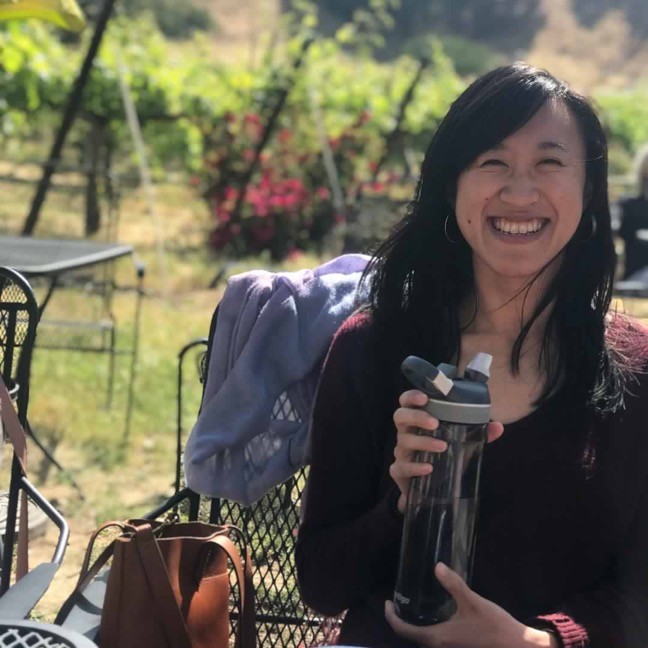Asian Americans are made to feel the weight of the pandemic and its consequences, leaving Sophia Li to wonder about who is in and who is out of the ever-changing circle of "us."
The signature dish in my family’s hometown is a bowl of noodles, dressed with a sauce of sesame paste and soy sauce. In the morning workers grab bowlfuls of it, wolf it down, and start their days. This dish — reganmian — is one of the few things that our hometown, Wuhan, was known for, until now.
Three months ago, I heard “Wuhan” on the radio while driving to work. A novel virus was spreading in our hometown. I texted my parents to ask after our relatives. They were okay, for now.
That same week, my mom ordered a box of N95 masks for me. I’ve been grateful for her prescience. It’s kept me well-stocked in hand wipes and face masks. To her the virus wasn’t happening far away, to some other people. It was happening to us. Yet for weeks, it felt as though the U.S. was in denial. COVID-19 was spreading in Asia, then Europe. But it wasn’t going to affect us here in America.
I’ve been thinking about “us” — about who we let into our us, and who we keep out. Our fierce love for us has been beautiful. It’s what’s keeping people at home. We want to keep us safe and healthy. But this pandemic has made our boundaries visible, too. Asian Americans were part of us, until we became them, people to avoid on public transit and shout at in grocery stores, people to blame for bringing our Chinese virus to your America.
